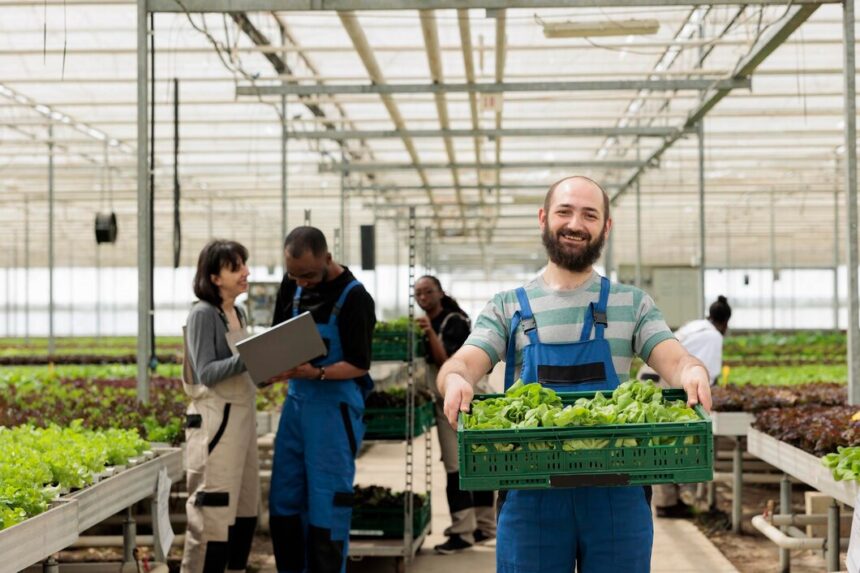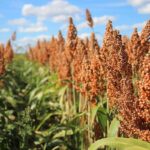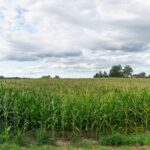In the intricate tapestry of agriculture, the strength of a farmer’s ties to the local community is a thread woven with shared values, mutual support, and a commitment to sustainable growth. Building strong local ties is not just a strategic move for farmers; it’s a fundamental aspect of fostering a resilient and interconnected farming ecosystem.
At the heart of strong local ties lies a deep understanding of the community’s needs and aspirations. Farmers who take the time to engage with their neighbors gain valuable insights into the local dynamics – whether it’s the demand for specific crops, the need for sustainable practices, or the desire for farm-to-table experiences. This intimate knowledge becomes the foundation upon which strong connections are built.
One of the most potent ways farmers strengthen local ties is through community engagement. Hosting events such as farmers’ markets, open farm days, or agricultural workshops not only showcases the hard work that goes into farming but also provides a platform for direct interaction. These events create a sense of belonging, fostering connections that go beyond transactions to build genuine relationships.
Collaboration is a key ingredient in the recipe for strong local ties. Farmers often find strength in numbers, whether through forming cooperatives, joining local agricultural associations, or participating in shared initiatives. By working together, farmers amplify their impact, share resources, and collectively address challenges, creating a united front that benefits the entire community.
Supporting local businesses is a symbiotic relationship that reinforces the bonds between farmers and the community. Whether it’s sourcing supplies from local stores, collaborating with nearby artisans, or partnering with local restaurants, farmers contribute to the economic vibrancy of their community. In return, the community values the role of farmers as integral contributors to its prosperity.
Embracing sustainable and ethical practices is not just a trend but a commitment that resonates with local communities. Farmers who prioritize environmentally friendly methods, conservation of natural resources, and animal welfare build trust among consumers who appreciate a conscientious approach to farming. This shared ethos fosters lasting connections based on shared values.
Educational initiatives further solidify farmers’ ties with the local community. Whether through on-farm tours, school partnerships, or workshops, farmers have the opportunity to share their knowledge, demystify the farming process, and cultivate a deeper understanding of agriculture. Educated consumers become advocates, strengthening the appreciation for and support of local farming endeavors.
Transparent communication is a cornerstone of building trust within the local community. Farmers who openly share their farming practices, challenges, and successes foster a sense of transparency that resonates with consumers. This honesty builds credibility and reinforces the idea that farming is not just a business but a shared journey that the community is part of.
In the digital age, leveraging technology can also play a role in connecting farmers with their local community. Social media platforms, farm websites, and newsletters provide avenues for farmers to share updates, educate the community, and celebrate the milestones of their agricultural journey. This digital presence creates an additional layer of connectivity that transcends physical boundaries.
Ultimately, the strength of local ties for farmers is a reciprocal relationship. It’s about recognizing that the community is not just a market but an essential partner in the agricultural ecosystem. By building strong local ties, farmers not only secure a market for their produce but also contribute to the resilience, vibrancy, and sustainability of the community they call home. In this harmonious dance between farmers and the local community, each step strengthens the bonds that sustain both.









